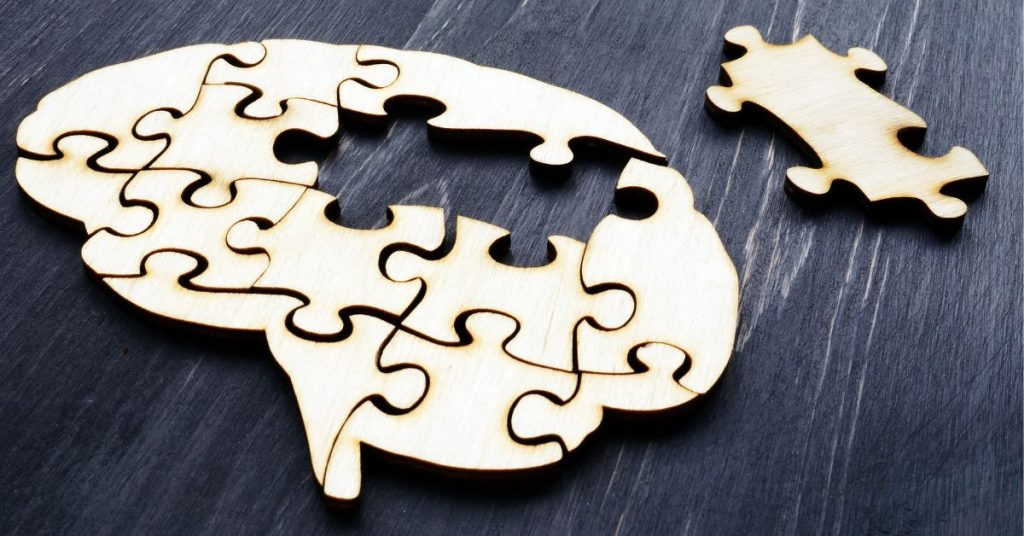Mental health encompasses a spectrum of conditions that can profoundly impact daily life. From depression and anxiety disorders to bipolar disorder and obsessive-compulsive disorder (OCD), these conditions manifest in various ways, affecting emotions, thoughts, and behaviors.
Depression
Depression is more than just feeling sad; it’s a persistent and overwhelming feeling of sadness and hopelessness that affects daily life.

Symptoms may include:
- Persistent feelings of sadness or emptiness
- Loss of interest or pleasure in activities once enjoyed
- Changes in appetite or weight
- Fatigue or loss of energy
- Difficulty concentrating or making decisions
- Thoughts of death or suicide
Over 264 million people worldwide suffer from depression. Remember, you’re not alone.
Anxiety Disorders
Anxiety disorders encompass a range of conditions characterized by excessive worry, fear, or nervousness.

Symptoms may include:
- Excessive worrying about everyday events or activities
- Restlessness or feeling on edge
- Fatigue
- Difficulty concentrating
- Muscle tension
- Panic attacks, including sudden feelings of terror and physical symptoms like rapid heartbeat and sweating
Anxiety disorders are the most common mental illness globally, affecting an estimated 284 million people worldwide. You’re not alone in your struggle.
Bipolar Disorder
Bipolar disorder involves extreme mood swings that include emotional highs (mania or hypomania) and lows (depression).

Symptoms may include:
- Manic episodes characterized by elevated mood, increased energy, and impulsive behavior
- Depressive episodes marked by sadness, loss of interest, and feelings of worthlessness
- Changes in sleep patterns
- Racing thoughts or distractibility
- Difficulty concentrating or making decisions
Bipolar disorder affects approximately 1-2% of the global population. Remember, you’re not alone in navigating these mood swings.
Obsessive-Compulsive Disorder (OCD)
OCD is characterized by intrusive thoughts (obsessions) and repetitive behaviors (compulsions) that individuals feel driven to perform.

Symptoms may include:
- Obsessions about contamination, harm, or symmetry
- Compulsions such as excessive hand washing, checking, or counting
- Distress or anxiety when unable to perform compulsive behaviors
OCD affects around 2.3% of the population. Seeking support can help manage symptoms and improve quality of life.
When should you seek help from a mental health professional?
If you’re experiencing symptoms of a mental health condition that interfere with your daily life or relationships, it’s essential to seek help. Other signs it’s time to reach out to a mental health professional include:
– Thoughts of harming yourself or others
– Difficulty functioning at work, school, or home
– Using alcohol or drugs to cope with emotional pain
– Changes in sleep patterns, appetite, or energy levels
– Persistent feelings of sadness, anxiety, or irritability

Remember, seeking help is a sign of strength, not weakness. You deserve to live a life filled with hope, happiness, and fulfillment.
Mental health professionals are trained to provide support and treatment for mental health conditions. Whether through therapy, medication, or a combination of both, there are effective treatments available to help you feel better.

